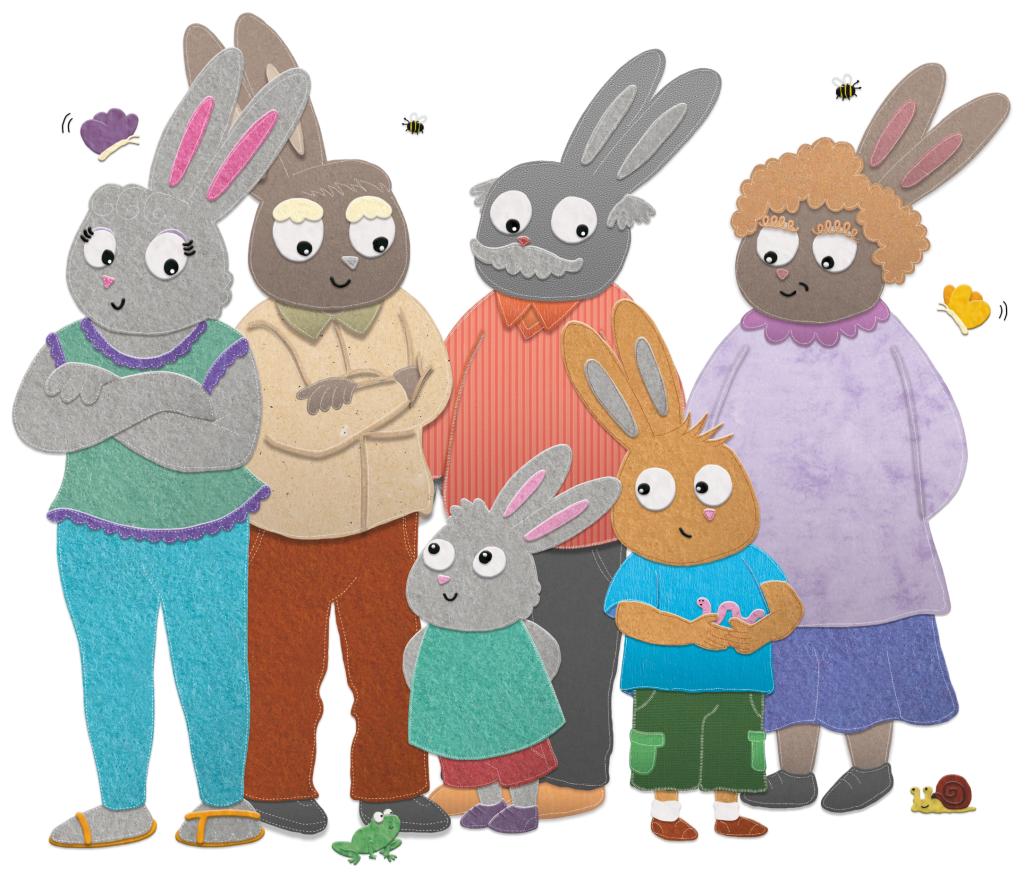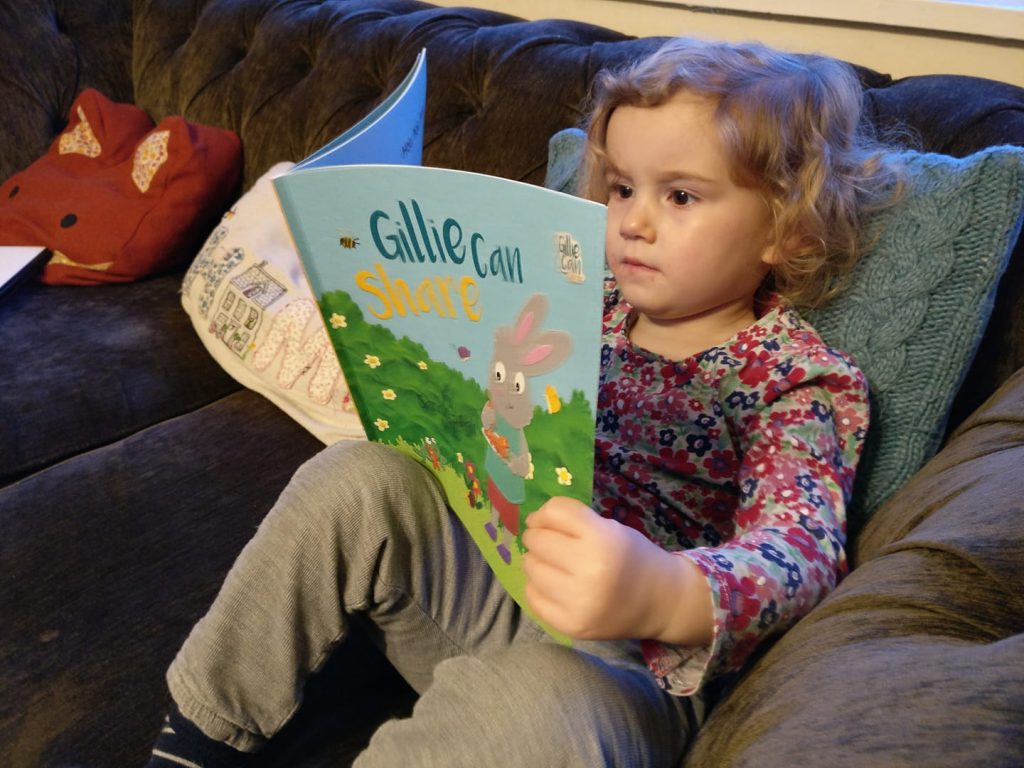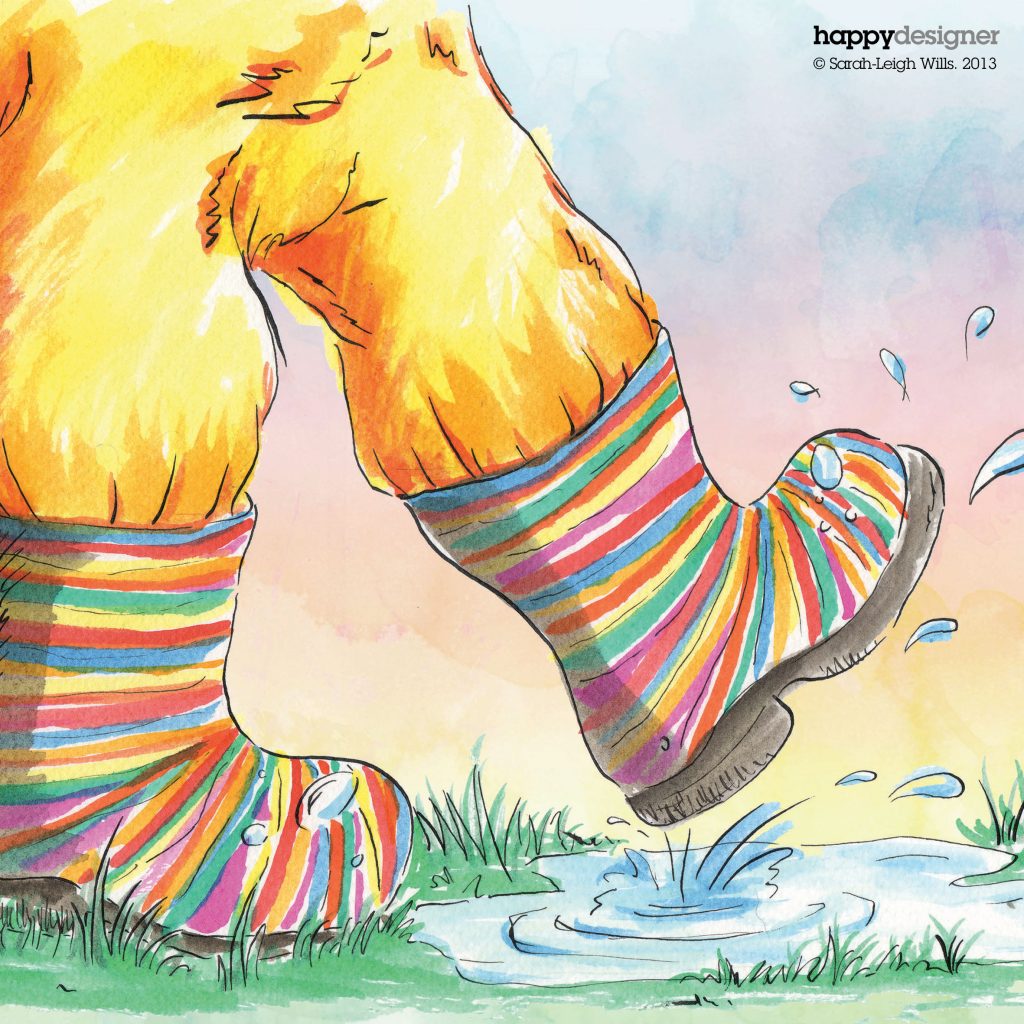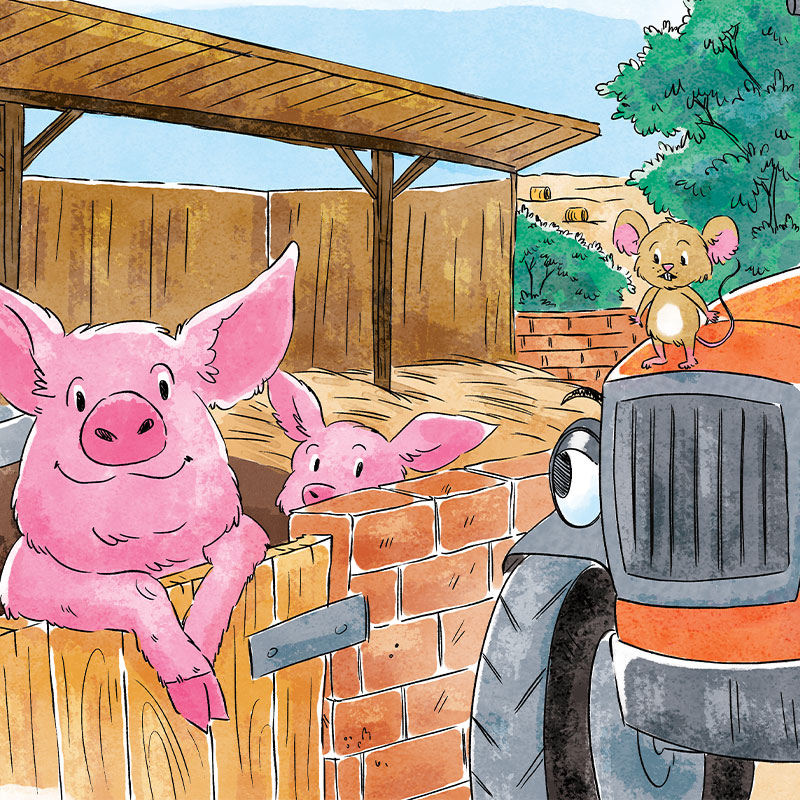
How Can We Help Children to Beat the “Back to School” Blues?
All parents love their children, but it is probably not a huge over-exaggeration to say that the six week summer holiday we have in the UK can feel…perhaps a little longer than it actually is! Once you have visited the zoo a few times, gone to the museum, visited the beach and perhaps had a little holiday with the family, the remaining five weeks can feel a little stretched! But, come the start of term, when you’re hanging out the new uniforms and making the first packed lunches, you feel an inexplicable wave of sadness at another holiday over and a new term of school drop-offs and pick-ups, PE kit hunts and endless washing cycles. But it isn’t all sadness and work, new school terms also mean something else new: books! It may just be us, but there’s something really satisfying about opening the creaky new exercise book and starting the daily tradition of writing which pages have been read, how well your child tackled new words and what the teacher thinks of your child’s progress.

Going back to school isn’t necessarily something children look forward too, though. Not all children are happy at school, and some struggle with anxiety and worry about being at school.

A survey of over 1,000 eight to 15-year-olds in England, Scotland and Wales, conducted for the children’s charity Barnardo’s, has shown the main anxieties that children face. The charity says that the report shows why it’s important that more money is put into providing mental health support for young people in schools.

The report says that nearly half of children worry that school work will be too hard when they go back to school after summer. About a quarter of all children asked worried about changing school, class or teachers. This increased to half of all 11-year-olds, who worried about moving up from primary to secondary school. It’s important that you talk to your children about their fears and worries before they get to school, as the last thing you want is a sleepless night before the first day. Perhaps remind your child that the work doesn’t get harder, it’s just that the teachers are going to work harder with the children to make sure they achieve more each term. If they feel they’ll struggle with more homework, make sure you tell them you will help them each day straight from school (or when you are able to) and make sure they know to ask for help before they feel they are overwhelmed by work.

Bullying is another concern children have. Four out of five children (77 per cent) said they know a friend who has experienced a form of bullying. Encourage your children to talk about problems they are having with school mates, and look out for any signs that your child may be going quiet after school, more introverted or worried about going to school. The most important advice when it comes to bullying is to speak about it to someone you trust, and the good news is that the study found most children would tell a friend, family member or teacher if another child or young person did or said something to them that made them feel upset.

Social media and its affect on mental health was highlighted by Barnardo’s as something children worry about before going back to school. Make sure you talk to your children about their use of social media. Ask them what platforms they use, and check in on them if they spend a lot of time in their room. Try and get them down with the rest of the family for an hour (or even ten minutes!) of an evening, and encourage them to see friends rather than chat to them online. Social media can be a very positive and useful tool, but it can also be a way for children to be targeted and bullied. Try to watch for any signs that your child is struggling with problems connected to social media use. It isn’t easy, and it is very tricky to monitor, but as with all of these things, open and honest communication is key. Admittedly, getting teenagers to open up isn’t easy! Keep communication up with teachers and, if you can, your children’s friends. Keep strong and keep asking questions. You can’t over-love your kids!





